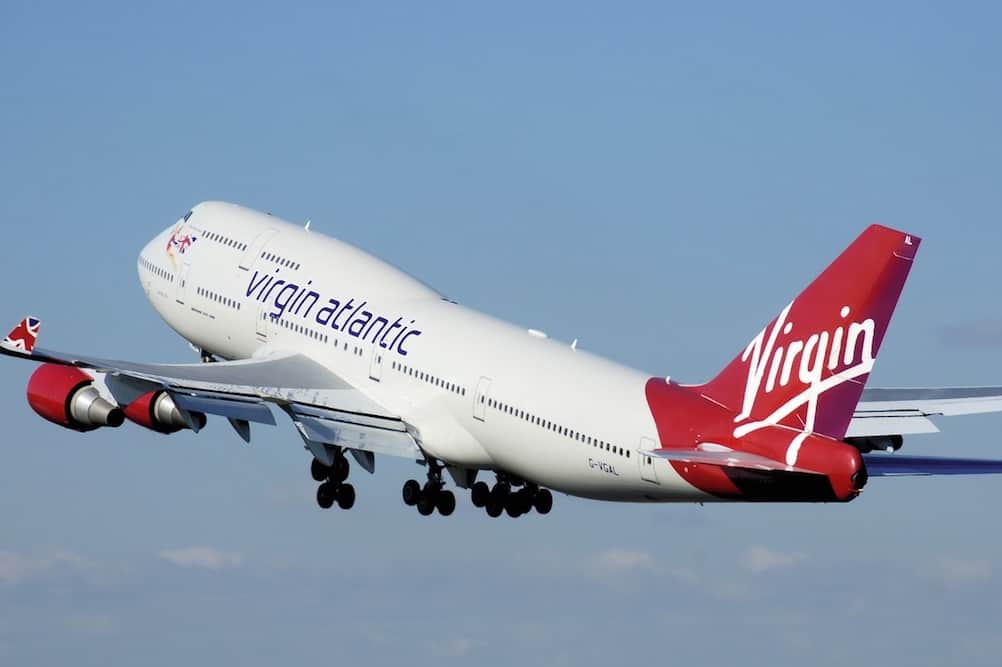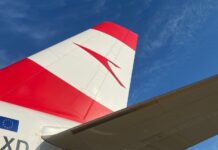
Meeting planners looking for an answer to rising airline fees as a result of increased fuel prices may have just gotten one, now that Virgin Atlantic completed the first commercial flight using recycled waste gas.
The Boeing 747 took flight on Wednesday morning from Orlando, Fla., to London’s Gatwick Airport, and Virgin Atlantic Founder Richard Branson himself marshaled in the plane. A blend of conventional jet fuel and ethanol produced from waste emissions powered the aircraft.
The first-of-it-kind fuel was developed by Chicago-based LanzaTech in partnership with the Pacific Northwest National Lab (PNNL), a U.S. Department of Energy Laboratory. It was created using LanzaTech’s carbon recycling technology that works similar to traditional fermentation; however, in lieu of sugars and yeast to make alcohol, waste carbon-rich gases are converted by bacteria to fuels and chemicals such as ethanol.
In April 2018, an international standards committee approved the ethanol-to-jet fuel, saying that it could eventually make up to 50 percent of the revolutionary blend. However, this initial flight’s blend only used 5 percent, according to The Guardian.
“This fuel exceeds the properties of petroleum-based jet fuel in terms of efficiency and burns much cleaner,” says John Holladay, PNNL’s deputy manager for energy efficiency and renewable energy. “And by recycling carbon already in the environment — in this case waste gas streams — it lets the world keep more petroleum sequestered to the ground. The technology not only provides a viable source of sustainable jet fuel but also reduces the amount of carbon dioxide emitted into the atmosphere.”
The event marks a new era for low-carbon aviation and will help the International Civil Aviation Organization in meeting its goal for carbon-neutral growth by 2020.










